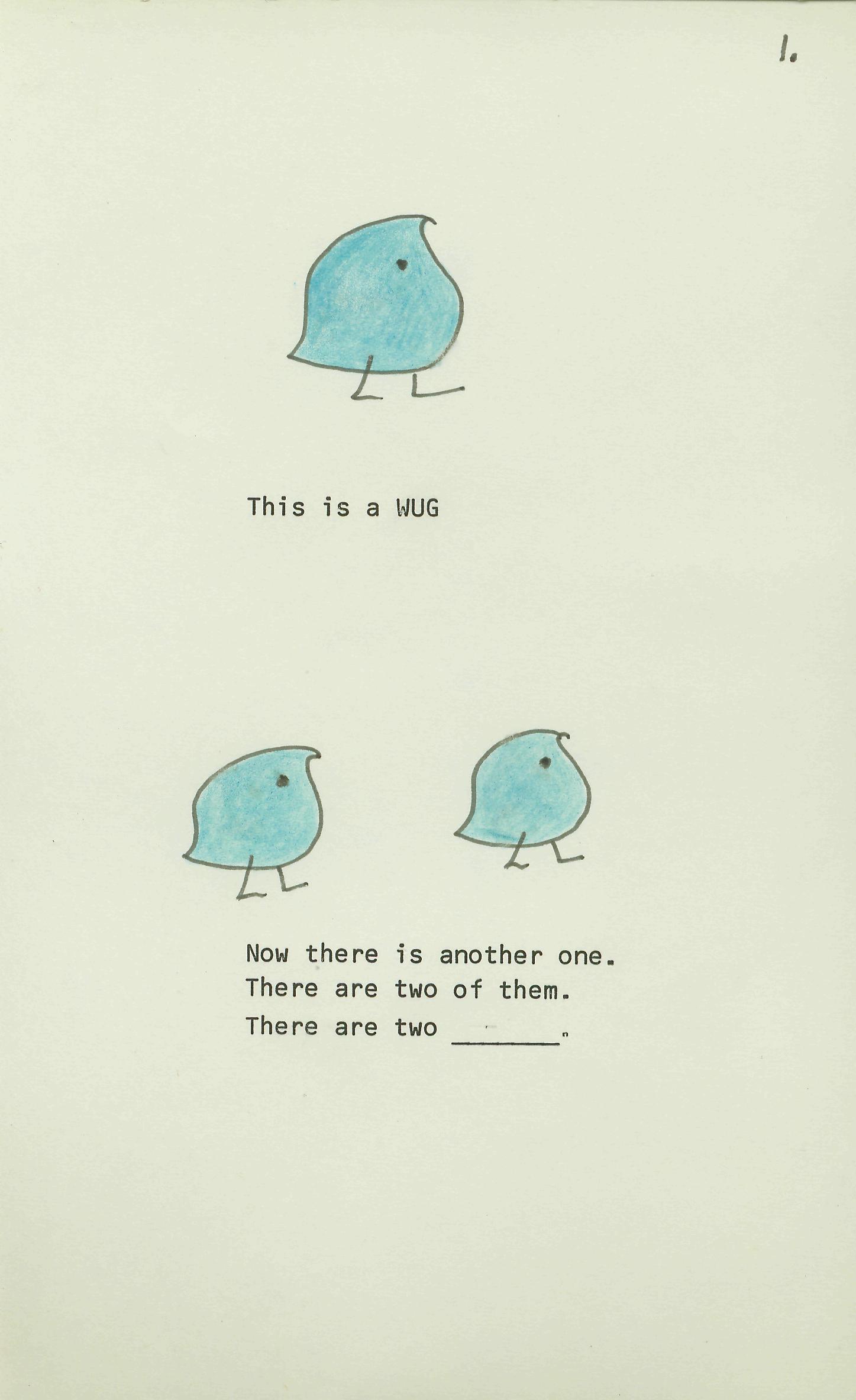 The Global Health Challenge 2017 (GHC17) is a fantastic opportunity to work together to address local challenges. This year, I have had the privilege of working together with a group of students to address an issue in Dundee’s local community, and come up with some sort of solution to help other people be able to live a happier and healthier life. The key part of our task is working in a team, agreeing on ideas and bringing this together. “As GHC17 problem solvers, you’ve been tasked in identifying insights and opportunities to bring about positive change for real people experiences very real and complex issues. Key to the success of this will be teamwork.” To begin our challenge, we had to pick one issue out of a possible eight that we wanted to team up with and bring about some sort of positive change for them. Our choices were all brilliant, and I think most people struggled to pick between all of these fabulous opportunities.
The Global Health Challenge 2017 (GHC17) is a fantastic opportunity to work together to address local challenges. This year, I have had the privilege of working together with a group of students to address an issue in Dundee’s local community, and come up with some sort of solution to help other people be able to live a happier and healthier life. The key part of our task is working in a team, agreeing on ideas and bringing this together. “As GHC17 problem solvers, you’ve been tasked in identifying insights and opportunities to bring about positive change for real people experiences very real and complex issues. Key to the success of this will be teamwork.” To begin our challenge, we had to pick one issue out of a possible eight that we wanted to team up with and bring about some sort of positive change for them. Our choices were all brilliant, and I think most people struggled to pick between all of these fabulous opportunities.
Here are the 8 challenges:
- The Archie Foundation – Co-designing a children’s hospital
- Deaf Links – Deaf, hard of hearing and visual impairment
- Dundee International Women’s Centre – Cycling classes
- Faith in Community – Tackling food and fuel insecurity

- Hearing Voices – Reducing the stigma of mental illness
- PAMIS – Big Day Out
- Parkinson’s UK – Getting complex medication regimes right for people living alone at home
- Tayside Primary Care – Improving life chances for young people
(I have attached links to all of the above).
For me, Improving life chances for young people was especially important – and I felt I would be able to contribute the most and be able to help more with this specific challenge. Our group (Tayside Primary Care) was given a scenario, which was:
Joe is coming up for 16 and lives with his mum and his dog in a council house. His father is no longer on the scene, but used to beat his mother up and Joe frequently witnessed these violent episodes. Joe doesn’t really go to school, he’s crippled with anxiety, self-harms and smokes dope. He does have dreams though. School is tough and when he’s challenged he just kicks off and as a result he’s been excluded. The only class he really likes and does well in is technical design because he doesn’t have to write. Joe would like be a joiner but he doesn’t have reading and writing skills.
Joe’s scenario is real, and happening in a street near you today. How can you bring together your knowledge, skills and enthusiasm to firstly try and understand what it feels like to walk in Joe’s shoes, and then how you might come up with some ideas to help improve his life chances through improved literacy?
 (scenario taken from Tayside Primary Care – GHC17)
(scenario taken from Tayside Primary Care – GHC17)
In Dundee, the average reading age in some of the most deprived areas is 8. Working out a bus timetable, looking at a menu and even trying to explain how you feel about something with the reading and writing age of 8 years old can be so frustrating, and for most adults in this situation – the first issue is identifying that their language skills are not so great.
For us so far, we have met up twice and out of all the ideas we could have chosen (for example an event, an app, a website, a group, a buddy system, etc) we think we have decided on one final idea. However, it’s not set in stone and it still has a lot of work to go into it. If we are successful with our idea, hopefully it can be transferred into something real and actually help people like Joe to progress in life and be able to find help more easily and become less frustrated.
So far with this, I have completely enjoyed doing something outside of my normal university course, and feel I am gaining strong relationships with my peers in this.


 of glue ear can include earache/ear pain, a fever and buzzing sounds.
of glue ear can include earache/ear pain, a fever and buzzing sounds. The Wug test shows the complications in the English language, and how this can be many different answers; Wug, Wugs, Wuges, or Wugilions (I know it’s silly, but so is the English language). So when we tell children they have it wrong, it discourages them. Instead, praise the attempt and tell them that it should be that answer, but in this case it’s not. A supportive adult shares the child’s wonder and reassures the child that they are ‘nearly’ right so as to develop a positive risk taking attitude towards reading. All attempts need that support and positive feedback.
The Wug test shows the complications in the English language, and how this can be many different answers; Wug, Wugs, Wuges, or Wugilions (I know it’s silly, but so is the English language). So when we tell children they have it wrong, it discourages them. Instead, praise the attempt and tell them that it should be that answer, but in this case it’s not. A supportive adult shares the child’s wonder and reassures the child that they are ‘nearly’ right so as to develop a positive risk taking attitude towards reading. All attempts need that support and positive feedback.
 ith now trying to learn about as many different religions as possible.
ith now trying to learn about as many different religions as possible.
